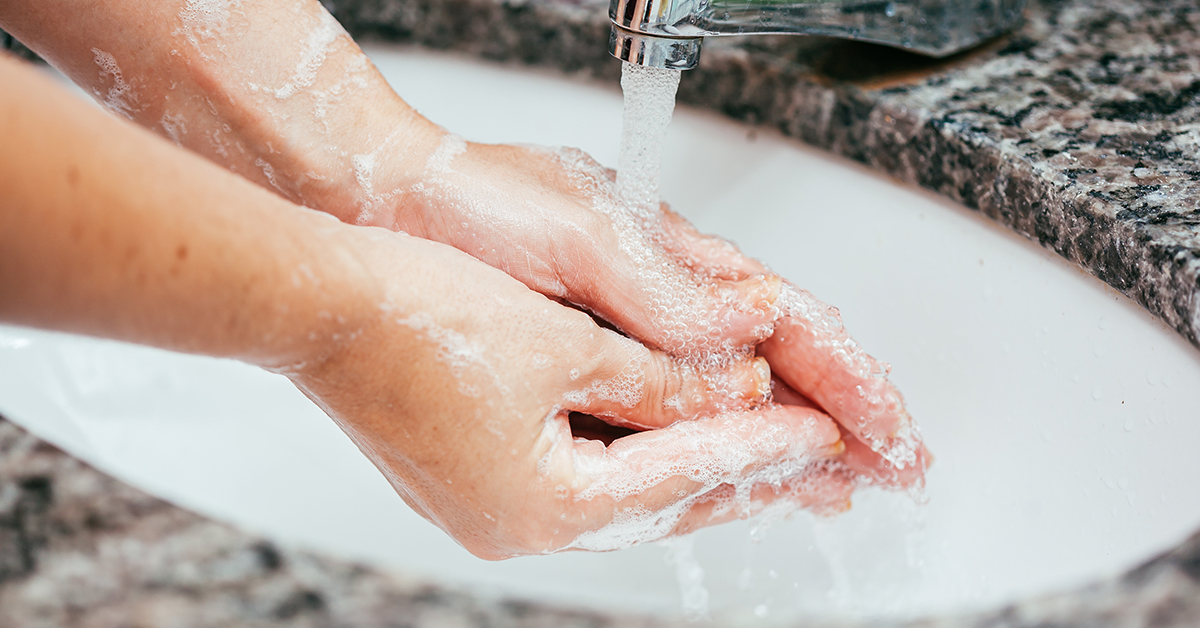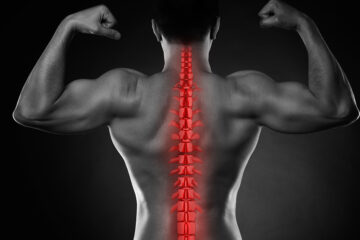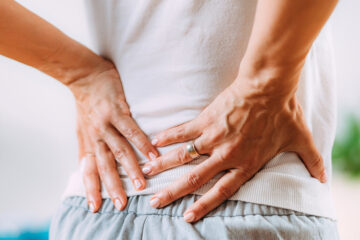Hand-Washing: A Must for Winter


Hand-Washing: A Must for Winter
It's important to wash your hands year-round. However, hand washing is even more essential during the winter season. This is mainly because the cold weather is prime time for spreading germs and catching the cold and the flu. Washing your hands on a regular basis is one of the easiest and most effective ways to ward off these illnesses. Here are some hand washing tips to help you out.
When to Wash Your Hands
In a perfect world, you'd wash your hands every hour on the hour. Since this may not be realistic, you should familiarize yourself on the best times to wash your hands. Get into the habit of washing your hands before and after you prepare and eat food. Also, wash your hands after you use the restroom. If you're taking care of a baby, senior, or sick individual, wash your hands as well. In addition, wash your hands any time you handle pet food or come into contact with garbage.
Hand Washing Process
The Center for Disease Control and Prevention recommends a simple hand washing process. Be sure to follow these steps every time you wash your hands.
- Use warm or cold water to wet your hands.
- Apply soap.
- Lather your hands with soap. Target the front and backs of your hands, your fingers, and underneath of your nails.
- Scrub your hands for a minimum of 20 seconds.
- Put your hands under water and rinse them.
- Dry your hands with a clean towel.
What Happens If You Don't Wash Your Hands
If you'd like to reduce your risk of winter-related injuries and infections, you must wash your hands. In the event you don't or forget to, you may spread germs every time you touch your face, prepare food, and touch surfaces or objects. If you're in a situation where you can't wash your hands, use a hand sanitizer with a high alcohol content. It's a good idea to keep one in your purse or car so that you have it handy at all times.
Even if you wash your hands at the right times using the right technique, you may still catch the cold or flu. Fortunately, rest, frequent hydration, and over-the-counter medications can all help you recover safely and efficiently.



